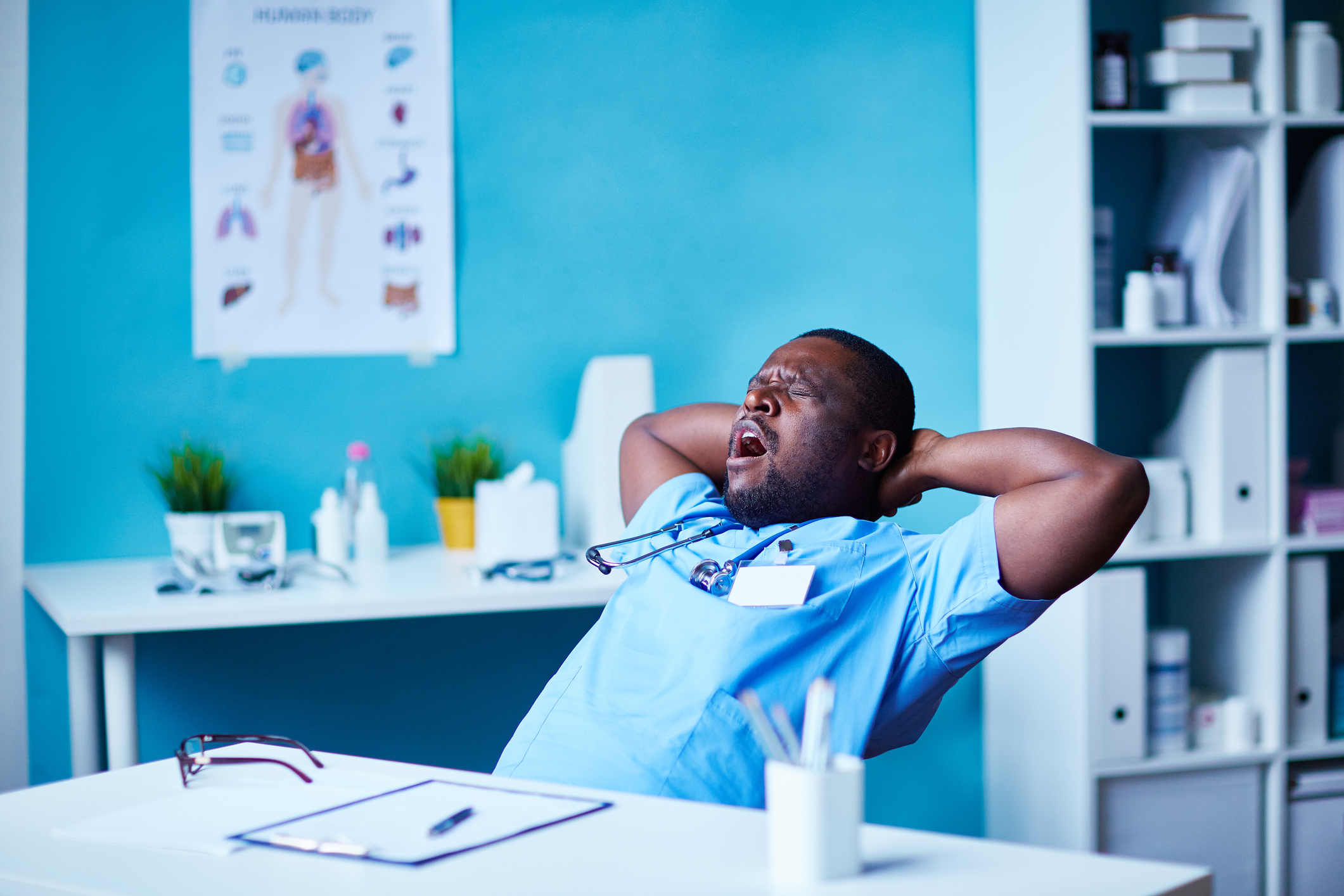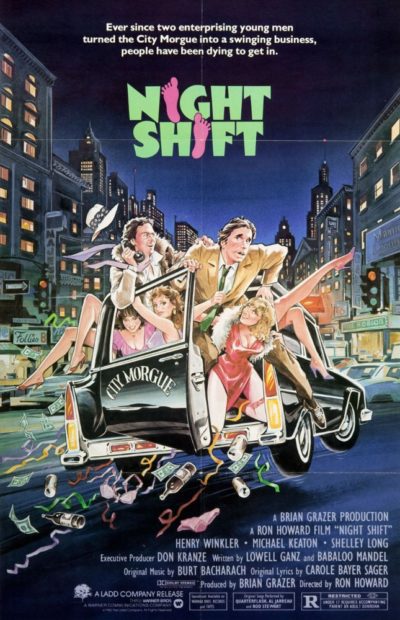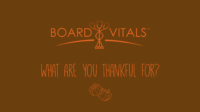Whether you are a medical resident or a nursing student, eventually you are going to have to work the night shift. Working overnights carries its own unique type of stress — and a dangerous one at that. Changing sleep patterns can create stress with the potential to impact your performance, decision-making skills, and safety. Understanding the invasive nature of this stress and how to control it can save your life, literally.
Did you know that working the night shift can lead to these problems down the road?
- Disruption to Your Circadian Rhythms & Sleep Cycle
- Increased Risk of Heart Disease and Cancer
- Decreased Crucial Restoration to Cells
- Falling Asleep Behind the Wheel
Here is what you need to know about how the lack of sleep from working the night shift impacts your body and your mind.
The immediate danger posed by the night shift is the disruption to your circadian rhythms and natural sleep cycle. This can cause a range of disorders that include crankiness, fatigue, decreased cognitive abilities and reflexes, a warped perspective and impaired judgment. According to the American Psychological Association, when a person is drowsy, “…local parts of the brain shut down for milliseconds or seconds at a time, then come back online.”
Working the night shift also has the potential to increase the risk of heart disease and cancer. Numerous studies of night shift workers, including those reported by the APA, show that workers on the night shift show the highest incidence of metabolic syndrome that contributes to poor heart health, diabetes, high cholesterol, and high blood pressure.
That’s not all. A recent article in The Telegraph reported research conducted at the Fred Hutchinson Cancer Center in Seattle, Washington that discovered that people on the night shift “…produce 80% less of a chemical which is a by-product of DNA tissue repair”. That means that the body is not carrying out the crucial restoration to cells that naturally occurs overnight, probably because of lack of melatonin.
Then there are the hazards of driving home fatigued and the dangers of falling asleep behind the wheel. As a medical professional, you have seen too many tragic cases of what that can cause.
We tell you all of this not to scare you, but to provide ample evidence of how injurious a lack of sleep can be to your body. When you work the night shift, sleep is of paramount importance. It is non-negotiable. It is the best strategy to avoid adverse physical and mental outcomes caused by exhaustion and sleep deprivation. As a medical professional, taking care of yourself is Mission Critical if you are to perform well and deliver safe, quality care to your patients.
Advice From The Proverbial Horse’s Mouth
The best place to get advice on how to sleep well is from the professionals who work the night shift themselves. Here is some of the advice they give on student doctor and nurse forums:
Sleep is Non-Negotiable – Teach Your Friends That
“I have worked Nocs for more than 10 yrs. The hardest part for me was training family and friends to respect my sleep time. I finally got mad when one friend would always call me at 10 AM and say ‘You’re still sleeping?’ Well DUH I went to bed at 7 AM. So to teach her what is was like I spent a whole week calling her ALL night long.
‘But why are you mad, you went to bed at 9:30 PM? What are you doing in bed? It’s 4 AM – Geez all you do is sleep!’
It worked. She said she was never so tired in her life. Make sure people understand that when it is your sleep time you need to sleep – period.” LUV ALZ
Sleep is Non-Negotiable – Teach Your Neighbors That
“There isn’t much you can do about normal noise, but the neighbors are another matter, like the ones who started a home improvement project on our adjoining wall during my sleep time. They caught on when I started hanging pictures on the same wall in the middle of the night. (Fortunately, they were nice people and apologized.) Take your sleep time very seriously, or no one else will!” Ruby Vee, BSN, RN
Work Habits Impact Sleep Habits
“If you do take the night shift drink very little liquid from about 2 AM onwards. My biggest problem when trying to sleep is having to go pee at about 10 AM, no matter how many times I peed before going to sleep. Your body is used to voiding multiple times from 7 AM to 11 AM. It’s used to holding it from 11 PM to 7 AM.” OgopogoLPN
Make All Hours in the Day Work Well for You
“I cannot emphasize enough that you should NOT use your time during the day after your night shift to do things and run errands. It’s a not a day ‘off’. Protect your sleep, health, and sanity by transitioning, and sticking to the schedule.” jdh71
“I worked straight nights for 5 years. I treated the early mornings after work as my ‘evenings’. I then went to bed in the early afternoon, and slept until around 9 PM when I woke up to get ready for work at 11 PM.” CounselortoMD
How do You Sleep During the Day?
“I’ve been working nights for about 18 years. Here are some of my suggestions, and it still holds true today:
- Make sure the bedroom is dark and avoid sunlight. Trust me, sunlight will naturally awaken you.
- No coffee at least 4 hours before planning to go to bed.
- If you get off shift, and you are not tired, exercise! Lift intense weights for 15 minutes or run followed by a long hot shower or bath. That really knocks me out for a good 6 hours.
- Avoid distraction and gadgets. Guard your sleep. Plan ahead if you need to take care of business so your sleep will not be interrupted.
- Make sure you eat. I know this sounds counter-intuitive, but it’s important.” ellenrn2000
Hopefully, this information helps you to adjust to working the night shift. Prioritizing personal self-care just as you would care for your patients. The medical profession needs you and your skills. Besides, we don’t want you to reenact this scene from Michael Keaton’s hilarious 1982 movie Night Shift:
Belinda Keaton: Bill, Bill, are you alright? Did you break anything, Bill?
Bill Blazejowski: I caught an updraft.
Chuck Lumley: Are you ok?
Bill: Yeah, I’m alright, don’t worry, I’m alright, fortunately, the ground broke my fall.






